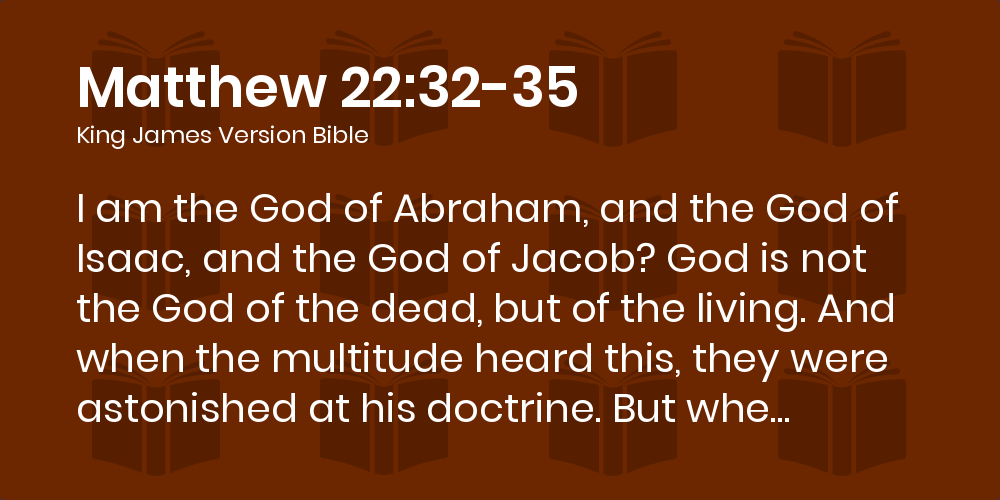According to the doctrine of the Watchtower, the human spirit disintegrates at death, and is then recreated at the final judgment. This doctrine is called informally "soul sleep," or more formally "conditional immortality."
In support of their doctrine, Jehovah's Witnesses cite Ecclesiastes 9:5, 10: "The living know that they will die, but the dead know nothing, and they have no more reward, for the memory of them is forgotten... for there is no work or thought or knowledge or wisdom in Sheol, to which you are going." They claim that these verses describe the dead as unknowing and without memory. Is that what they say? Hardly. "Sheol" is the grave, something which Witnesses repeat tediously in other circumstances. What is in the grave? A corpse. Solomon here is dealing with the bodies of the dead, which, of course, have no activity, whether mental, physical, or spiritual. Then the Watchtower commits a logical fallacy called "false equivalency." Even though Solomon is dealing with dead bodies, the Watchtower claims that his statements apply to the spirits of the dead. They offer no exegesis for that transfer; rather, the Society merely expects its membership to swallow the assertion without thought.
In contrast to the Watchtower's doctrine, we have the words of Jesus in response to the Sadducees, those we might call the Watchtower of His time. He said to them, "Have you not read what was said to you by God: 'I am the God of Abraham and the God of Isaac and the God of Jacob'? He is not the God of the dead, but of the living" (Matthew 22:32, quoting from Exodus 3:6). Did Jesus mean that the bodies of the patriarchs were walking around among His audience. Of course not! Their bodies lay mouldering in their graves. Yet He says that they are alive, present tense, and that God is the God of such. Jesus had no concept of soul sleep or disintegration.

No comments:
Post a Comment